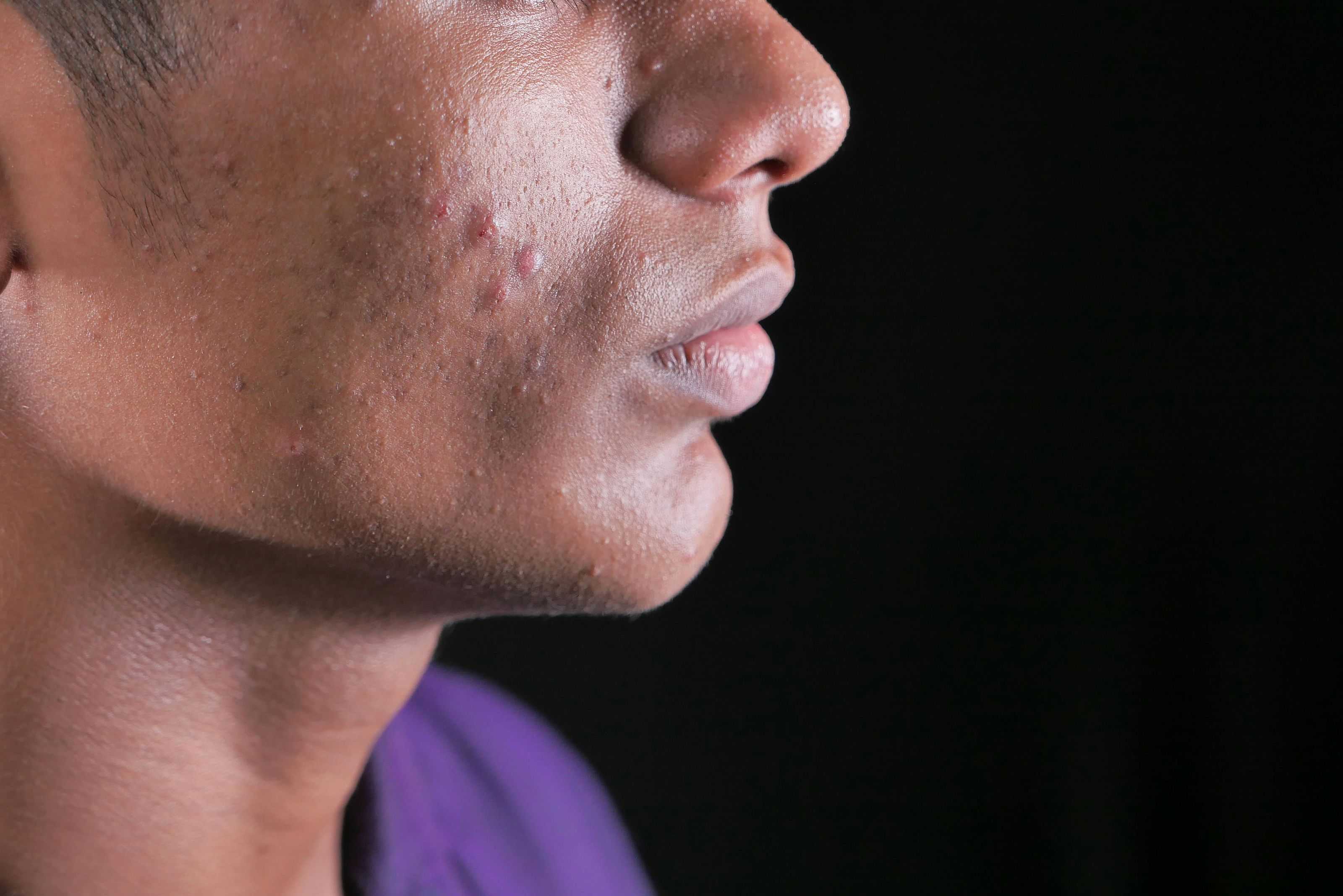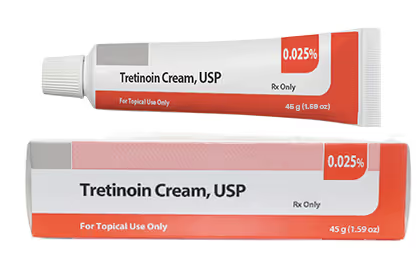Introduction
Accutane, also known as isotretinoin, is a powerful medication used to treat persistent acne. While it's highly effective in treating acne, concerns have been raised about its potential impact on fertility. This comprehensive guide will explore the relationship between Accutane and fertility, discussing the latest research and expert opinions on the topic.
What is Accutane?
Accutane is an oral medication that treats persistent acne by targeting the root causes of the condition. It works by shrinking oil glands, reducing oil production, promoting cell turnover, and reducing inflammation caused by c. acnes bacteria. Accutane is one of the most effective treatments for long-term acne relief, making it a popular choice for those who have struggled with other treatments.
Accutane and Fertility: What Does the Research Say?
The impact of Accutane on fertility has been a topic of discussion in the medical community. Recent studies and expert opinions provide valuable insights into how Accutane may affect both male and female fertility.
Accutane and Male Fertility
Most studies have found that isotretinoin does not have a negative impact on male fertility. In fact, research indicates that it may have positive effects on sperm parameters without significantly affecting hormone levels such as testosterone (Yildiz et al., 2016; Drobnis et al., 2023).
Additionally, the FDA and NHS state that isotretinoin is present in semen at levels too low to harm an unborn baby, and men can safely take Accutane even if their partner is pregnant or they are trying to conceive.
Accutane and Female Fertility
When it comes to female fertility, the data are relatively reassuring. A study by Farag et al. (2022) found that low-dose isotretinoin was not associated with adverse effects on biomarkers of female fertility. Another study by Aksoy et al. (2015) observed decreases in certain ovarian reserve markers after six months of standard-dose isotretinoin treatment.
However, a follow-up study by Cinar et al. (2016) found that these changes normalized 12 months after treatment ended, suggesting that any effects on fertility are temporary.
Accutane and Sexual Function
There is limited literature on the topic of Accutane and sexual dysfunction. While some case reports have suggested possible sexual dysfunction during or after isotretinoin treatment, larger studies have not confirmed these findings. A recent cohort study by Kantor et al. (2023) did not identify an increased incidence of male sexual dysfunction associated with Accutane use. For female sexual dysfunction, high-quality studies are lacking, and more research is needed to draw definitive conclusions.
Pregnancy and Accutane
It's crucial to note that Accutane poses significant risks during pregnancy. The medication can cause severe birth defects and increases the risk of miscarriage. For this reason, strict precautions are taken when prescribing Accutane to individuals who may become pregnant.
Balancing Risks and Benefits
While concerns about fertility are understandable, current research suggests that Accutane does not have long-term negative effects on fertility for either men or women. The benefits of Accutane in treating persistent acne — which can include significant improvements in physical appearance and psychological well-being—often outweigh the potential risks.
Benefits of Accutane Treatment
- Effectively treats severe acne at its source
- Produces fast — and often lasting — results
- Minimizes scarring
- Improves self-esteem and quality of life
For many patients, the prospect of clear skin and enhanced self-confidence makes Accutane a valuable treatment option.
Mitigating Risks: Low-Dose Accutane
One way to potentially reduce side effects while maintaining effectiveness is through low-dose Accutane treatment. Studies have shown that low-dose Accutane can provide effective acne relief with fewer side effects, which may be particularly beneficial for patients concerned about any potential impacts on fertility.
The Importance of Professional Guidance
Given the complexities surrounding Accutane and its effects, it is essential to seek professional medical advice when considering this treatment. A dermatologist can provide personalized guidance based on your individual health profile and address any concerns you may have about fertility or other side effects.
Honeydew Care: A Modern Approach to Accutane Treatment
For those considering Accutane treatment, Honeydew Care offers a convenient and comprehensive solution. As a telemedicine provider, Honeydew Care specializes in providing accessible, low-cost Accutane treatment for persistent acne.
Why Choose Honeydew Care for Accutane Treatment?
- Online consultations with experienced providers
- Same-day appointments available
- Low-dose and regular-dose Accutane options
- Unlimited provider support throughout treatment
- iPledge management handled online
- Progress tracking with photos
- Ongoing support via chat
- Prescription management
Honeydew Care's providers are trained in low-dose Accutane therapy, which may offer effective acne treatment with fewer side effects. Our approach could be beneficial for patients who have concerns about potential side effects, including those related to fertility.
Addressing Fertility Concerns with Honeydew Care
While current research is reassuring regarding Accutane's impact on fertility, it's natural to have questions.
Honeydew Care prioritizes patient health and safety. Our experienced providers can discuss any fertility concerns you may have. They will help you make an informed decision about whether Accutane is the right treatment for you and adjust your treatment plan as necessary based on your needs.
The Honeydew Care Advantage
By choosing Honeydew Care for your Accutane treatment, you're not just getting a prescription—you're receiving comprehensive care. Our team will guide you through the entire treatment process, from the initial consultation to ongoing support. This level of personalized care is essential when considering a medication like Accutane.
Conclusion
The current evidence suggests that Accutane does not have long-term negative effects on fertility for men or women. While it's crucial to be aware of potential side effects and risks—especially regarding pregnancy—the benefits of Accutane in effectively treating persistent acne are significant.
If you're considering Accutane treatment and have concerns about fertility, reaching out to a professional healthcare provider is the best course of action. Honeydew Care's experienced providers can offer personalized advice and treatment options, including low-dose Accutane, which may help mitigate potential side effects. With Honeydew Care, you can access effective acne treatment while receiving comprehensive support throughout your journey to clearer skin.
Remember, every individual's situation is unique. The decision to use Accutane should be made in consultation with a healthcare provider who can consider your specific health profile and concerns. Whether you choose traditional in-person care or opt for the convenience of telemedicine through Honeydew Care, prioritizing your overall health and well-being is key when making decisions about acne treatment.























